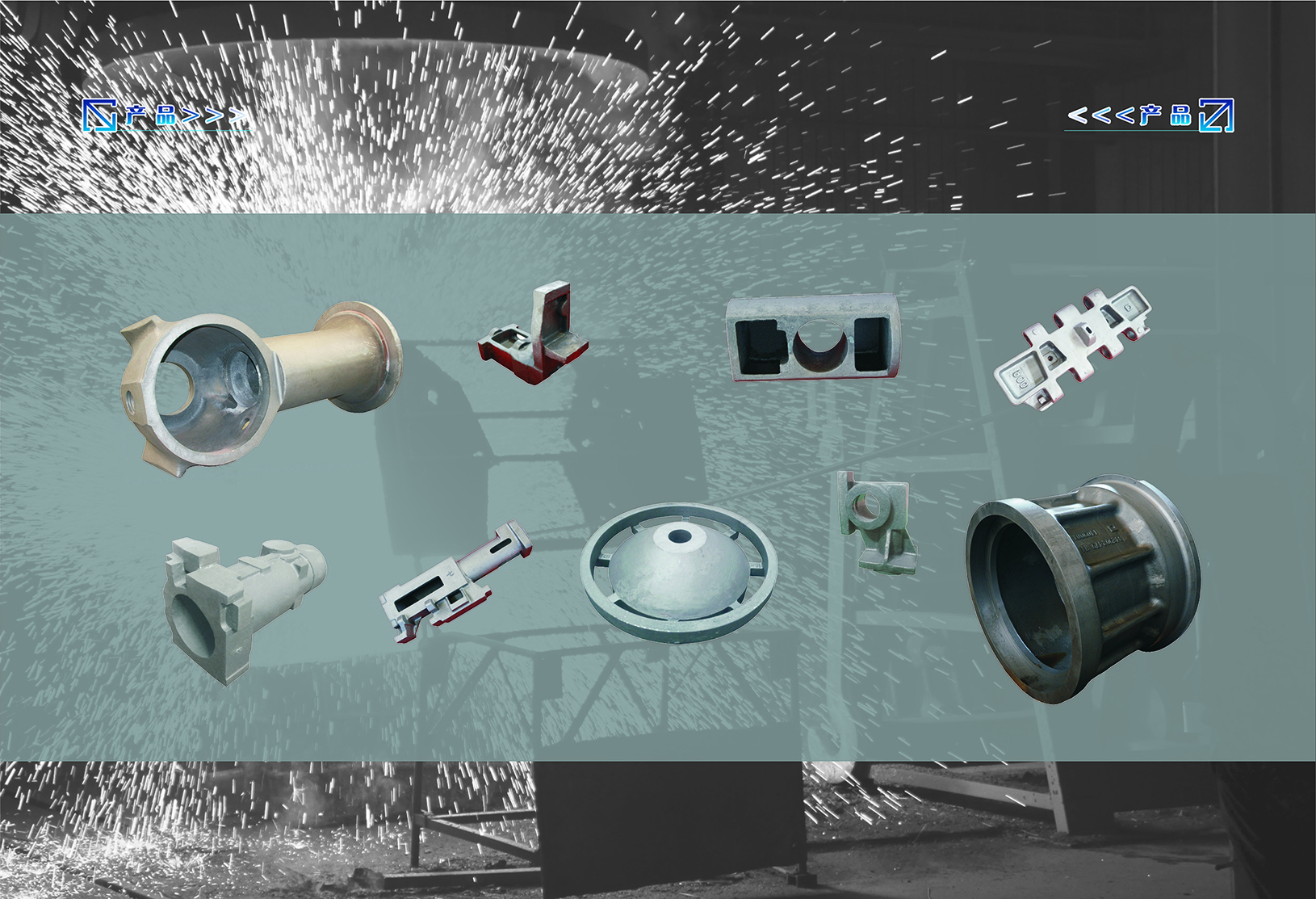- Afrikaans
- Albanian
- Amharic
- Arabic
- Armenian
- Azerbaijani
- Basque
- Belarusian
- Bengali
- Bosnian
- Bulgarian
- Catalan
- Cebuano
- China
- China (Taiwan)
- Corsican
- Croatian
- Czech
- Danish
- Dutch
- English
- Esperanto
- Estonian
- Finnish
- French
- Frisian
- Galician
- Georgian
- German
- Greek
- Gujarati
- Haitian Creole
- hausa
- hawaiian
- Hebrew
- Hindi
- Miao
- Hungarian
- Icelandic
- igbo
- Indonesian
- irish
- Italian
- Japanese
- Javanese
- Kannada
- kazakh
- Khmer
- Rwandese
- Korean
- Kurdish
- Kyrgyz
- Lao
- Latin
- Latvian
- Lithuanian
- Luxembourgish
- Macedonian
- Malgashi
- Malay
- Malayalam
- Maltese
- Maori
- Marathi
- Mongolian
- Myanmar
- Nepali
- Norwegian
- Norwegian
- Occitan
- Pashto
- Persian
- Polish
- Portuguese
- Punjabi
- Romanian
- Russian
- Samoan
- Scottish Gaelic
- Serbian
- Sesotho
- Shona
- Sindhi
- Sinhala
- Slovak
- Slovenian
- Somali
- Spanish
- Sundanese
- Swahili
- Swedish
- Tagalog
- Tajik
- Tamil
- Tatar
- Telugu
- Thai
- Turkish
- Turkmen
- Ukrainian
- Urdu
- Uighur
- Uzbek
- Vietnamese
- Welsh
- Bantu
- Yiddish
- Yoruba
- Zulu
11月 . 02, 2024 03:00 Back to list
domestic hot water heat exchanger
Understanding Domestic Hot Water Heat Exchangers
Domestic hot water heat exchangers play a crucial role in the efficient supply of hot water for residential use. These devices are designed to transfer heat from one medium to another, facilitating the heating of water without the need for additional heating sources. The efficiency and effectiveness of heat exchangers significantly affect energy consumption and overall household comfort.
What is a Heat Exchanger?
A heat exchanger operates based on the principle of thermal conduction and convection. It typically consists of pipes or plates where a hot fluid—often heating water from a boiler or a solar thermal system—passes through, transferring heat to a colder medium, which is typically water meant for domestic use. This process helps to ensure a continuous supply of hot water, ready for various applications such as bathing, cooking, and cleaning.
Types of Domestic Hot Water Heat Exchangers
There are several types of heat exchangers commonly used in homes
1. Shell and Tube Heat Exchangers These consist of a series of tubes, one set carrying the hot fluid and the other carrying the cold water. The heat is transferred through the walls of the tubes. These are highly efficient and are often used in larger systems.
2. Plate Heat Exchangers These devices consist of multiple thin plates that provide a large surface area for heat transfer, allowing for high efficiency in a compact design. They are commonly used in residential applications due to their space-saving attributes.
domestic hot water heat exchanger

3. Spiral Heat Exchangers Featuring a spiral design, these exchangers have a higher heat transfer efficiency because of their unique flow arrangement. They are less common in homes but are useful in specific setups.
4. Double-pipe Heat Exchangers The simplest form, which consists of one pipe inside another. The hot fluid runs through one pipe, and cold water runs through the other, allowing for heat transfer.
Energy Efficiency and Savings
Using heat exchangers in domestic hot water systems can lead to significant energy savings. By efficiently utilizing heat from existing systems, they reduce the need for additional heating, thereby lowering energy bills. For instance, if a solar water heating system is paired with a heat exchanger, homeowners can leverage free solar energy and minimize their reliance on fossil fuels.
Additionally, proper insulation and maintenance of the heat exchanger can further enhance efficiency. Regular checks for leaks and sediment buildup can help maintain optimal operation and extend the lifespan of the system.
Conclusion
In conclusion, domestic hot water heat exchangers are vital components in ensuring efficient hot water supply in homes. By understanding their operation, types, and benefits, homeowners can make informed decisions about their hot water systems. Investing in an efficient heat exchanger not only enhances comfort but also contributes to energy conservation and cost savings, making it an essential consideration for modern households. As technology advances, the integration of these systems is likely to become even more efficient, paving the way for greener and more sustainable living environments.
-
Buy Cast Silicon Aluminum Hot Water Heat Exchangers Efficient & Durable
NewsMay.15,2025
-
Precision Stainless Steel Casting Services Sand/Investment/Die Casting
NewsMay.15,2025
-
China Investment Casting Parts High Precision & Durable Solutions
NewsMay.14,2025
-
Water Glass Sand Casting Custom & ODM Solutions, High Precision
NewsMay.14,2025
-
Ductile Iron Casting Solutions High-Strength & Corrosion-Resistant
NewsMay.13,2025
-
Custom Low Nitrogen Condensing Gas Boilers for Domestic Hot Water
NewsMay.13,2025


